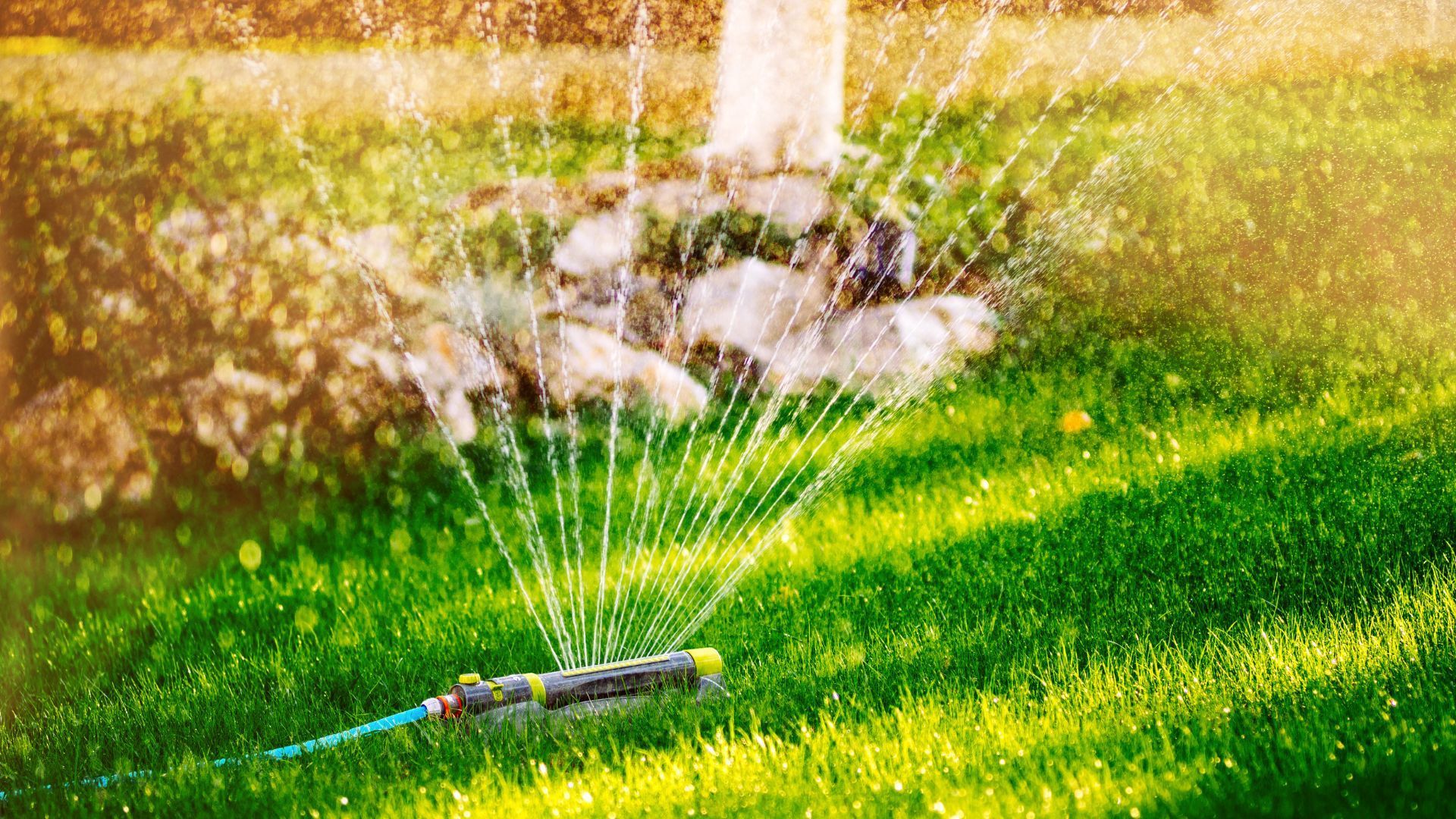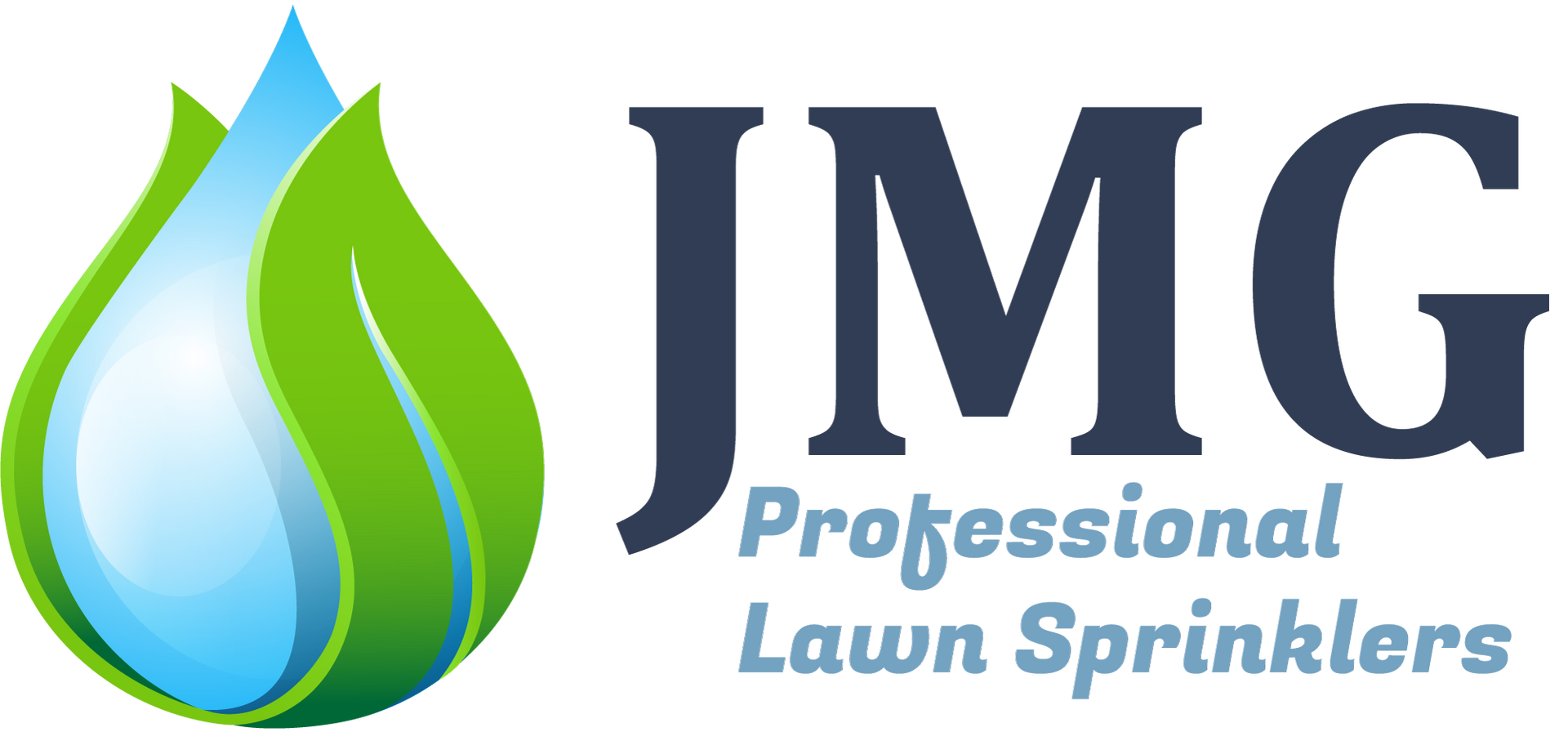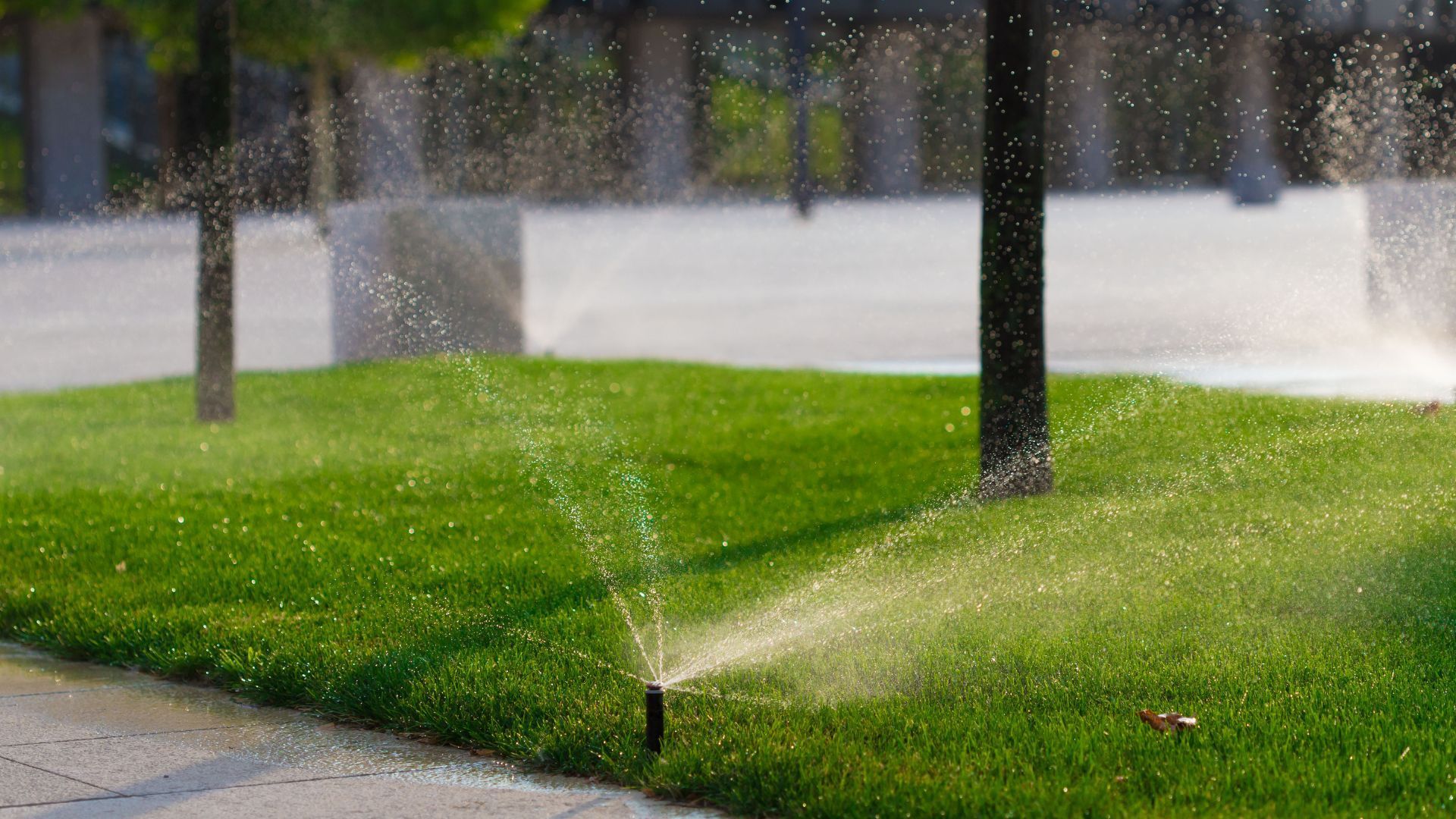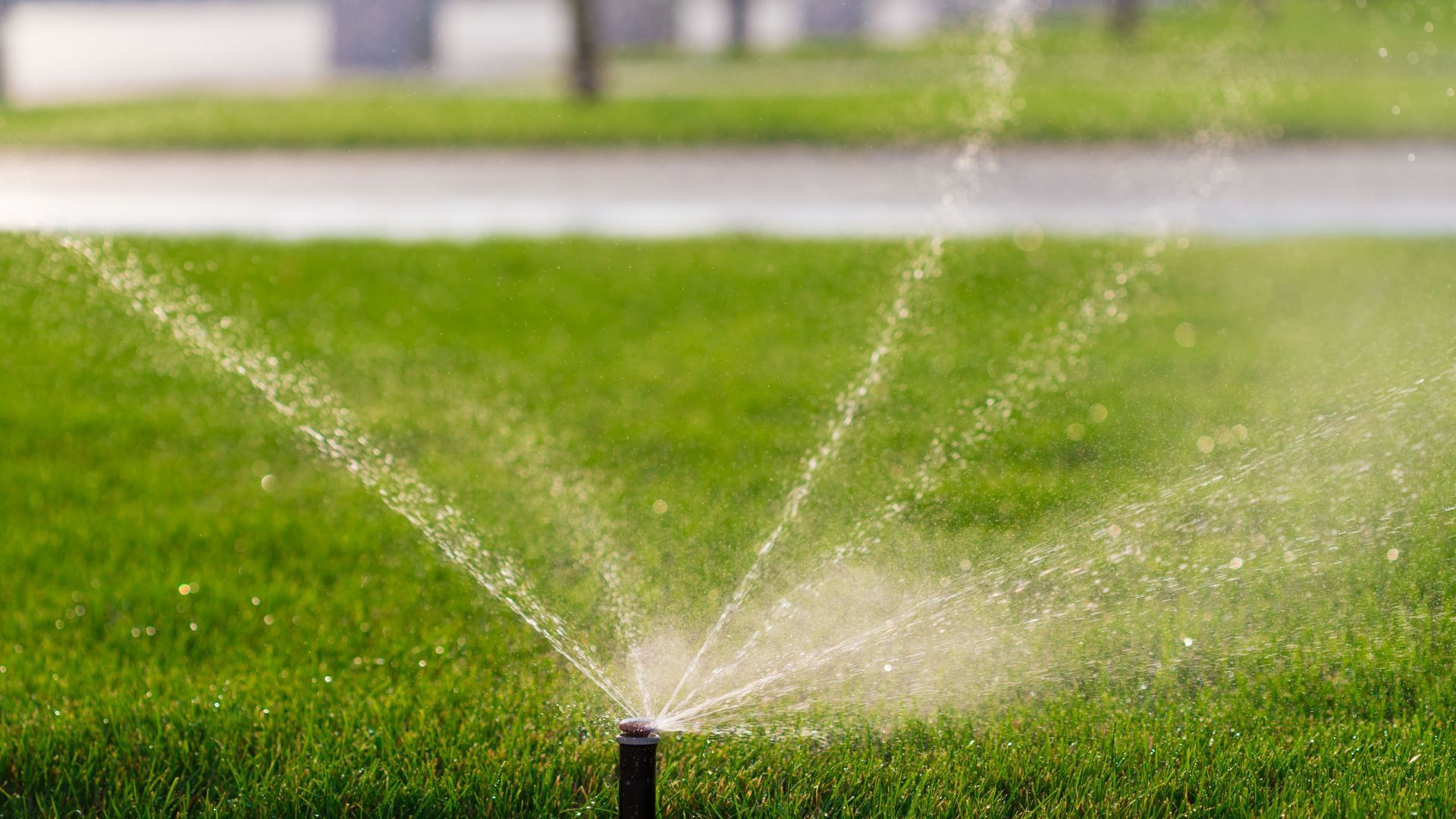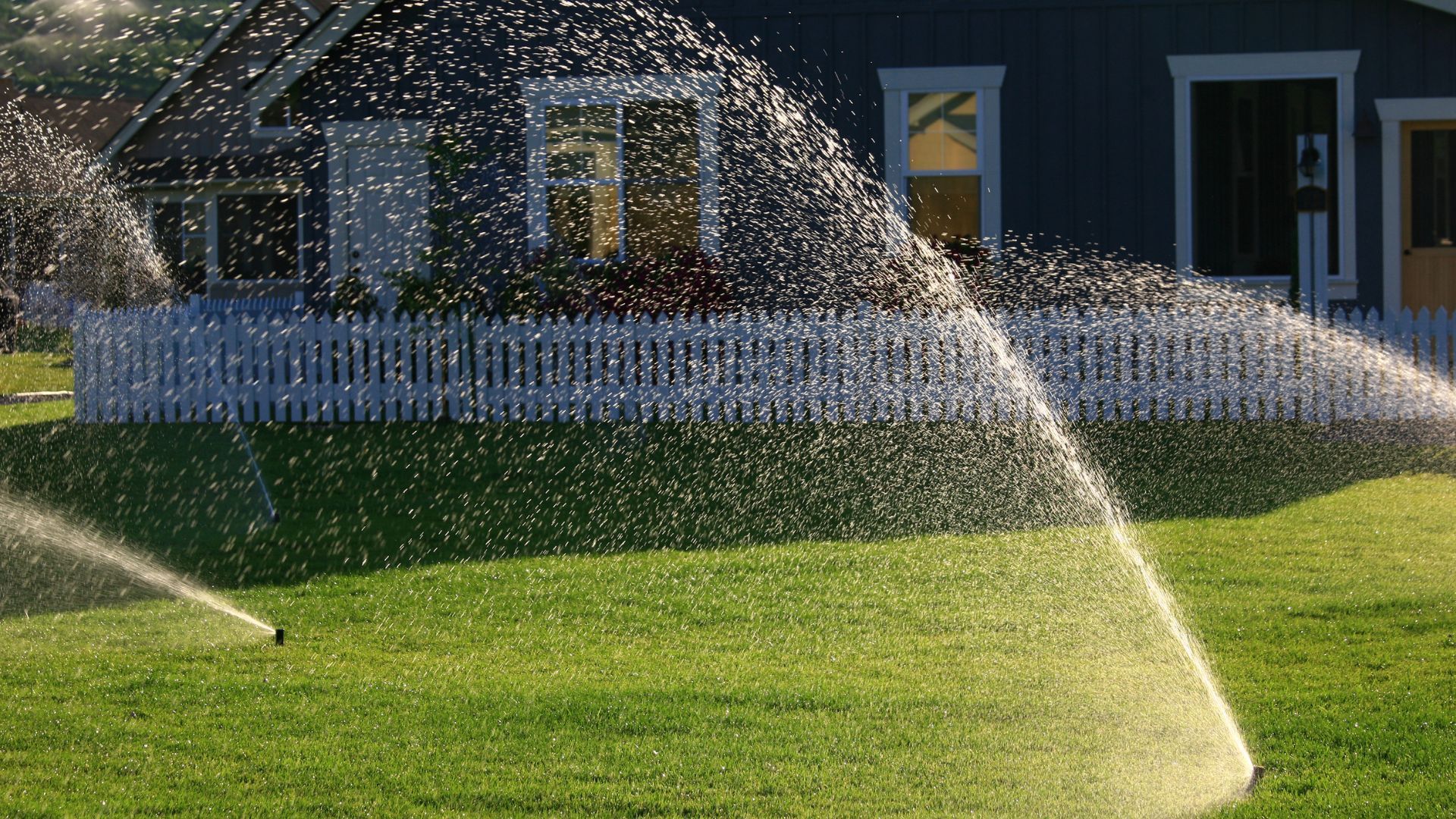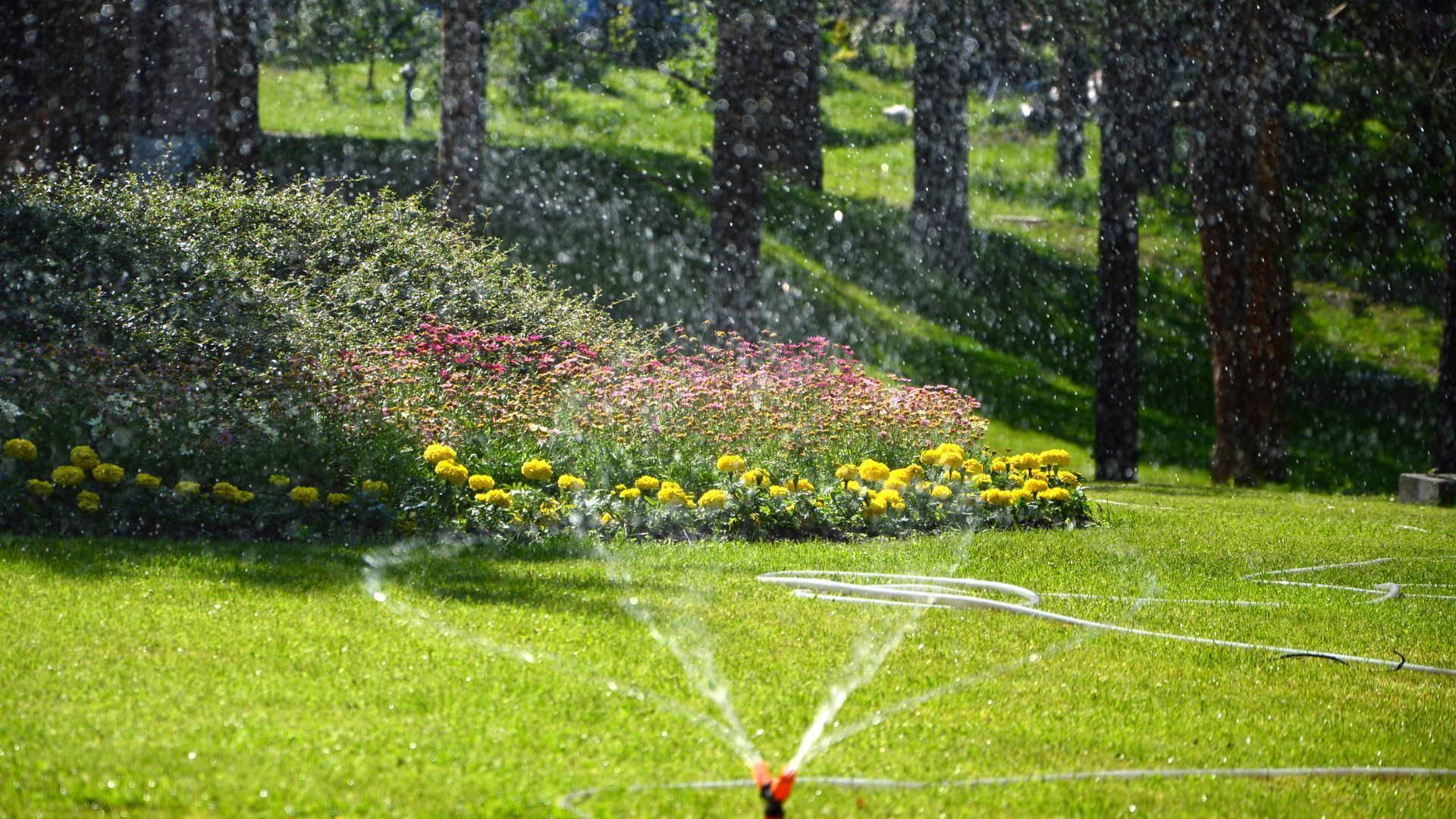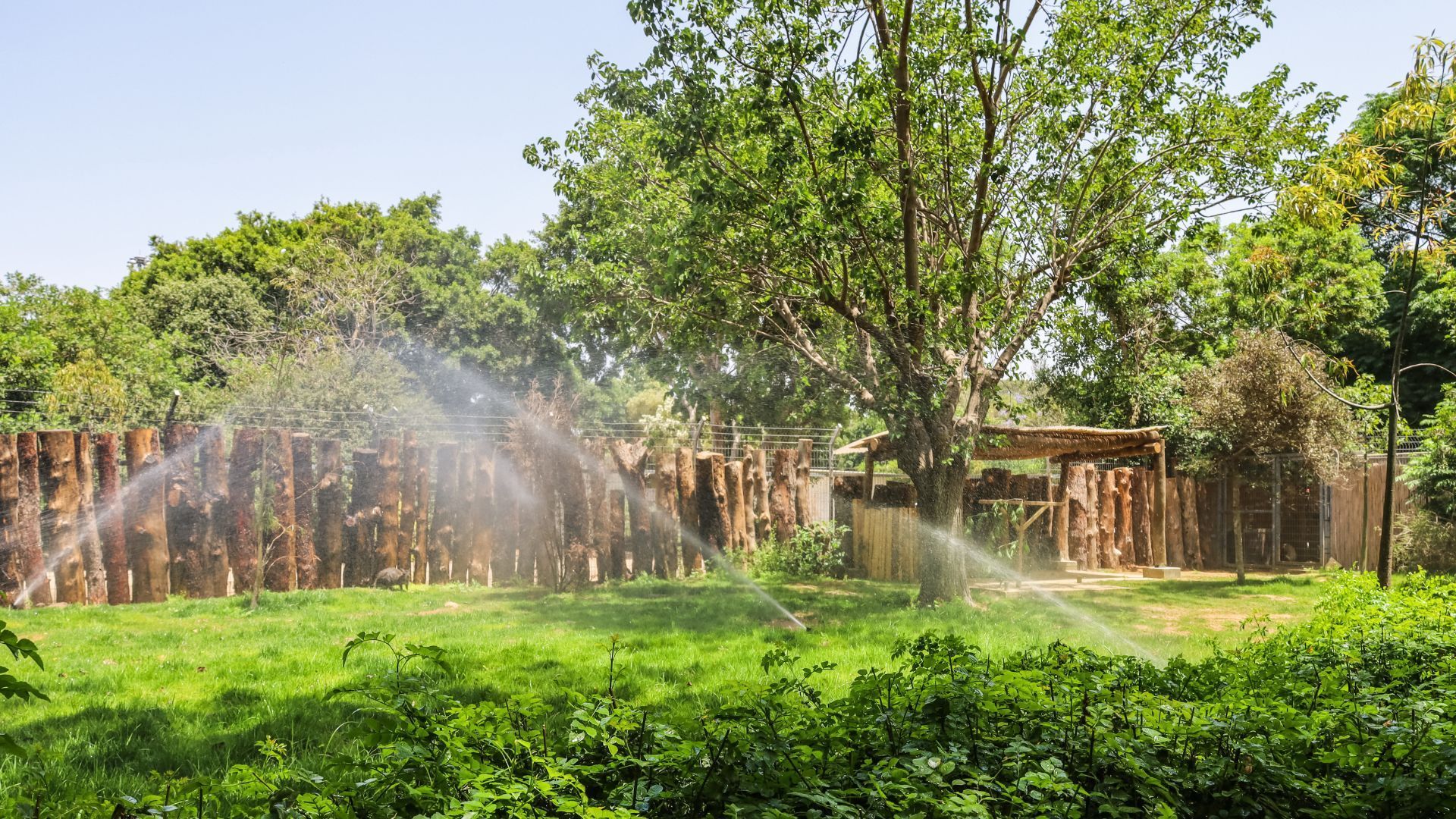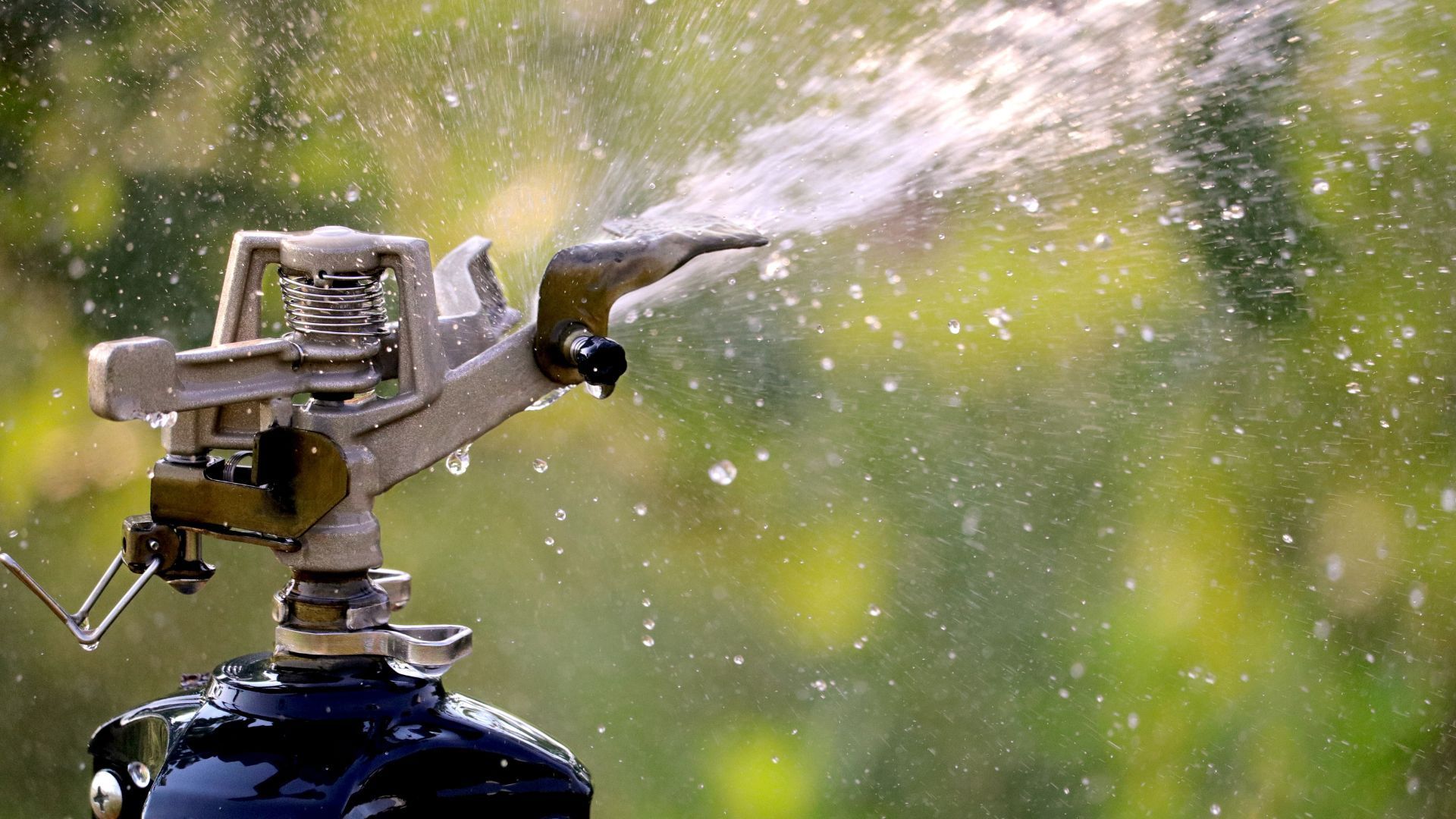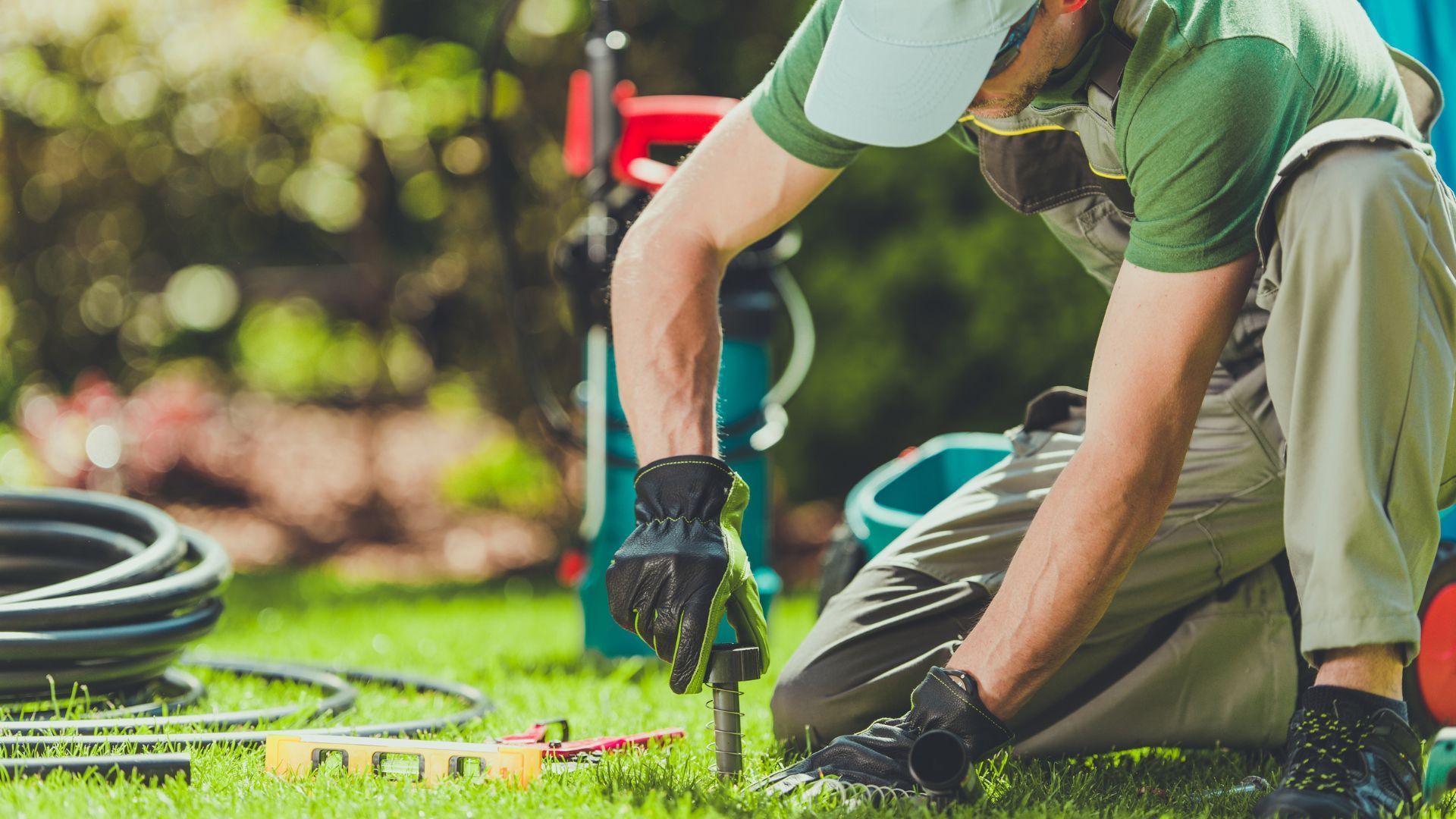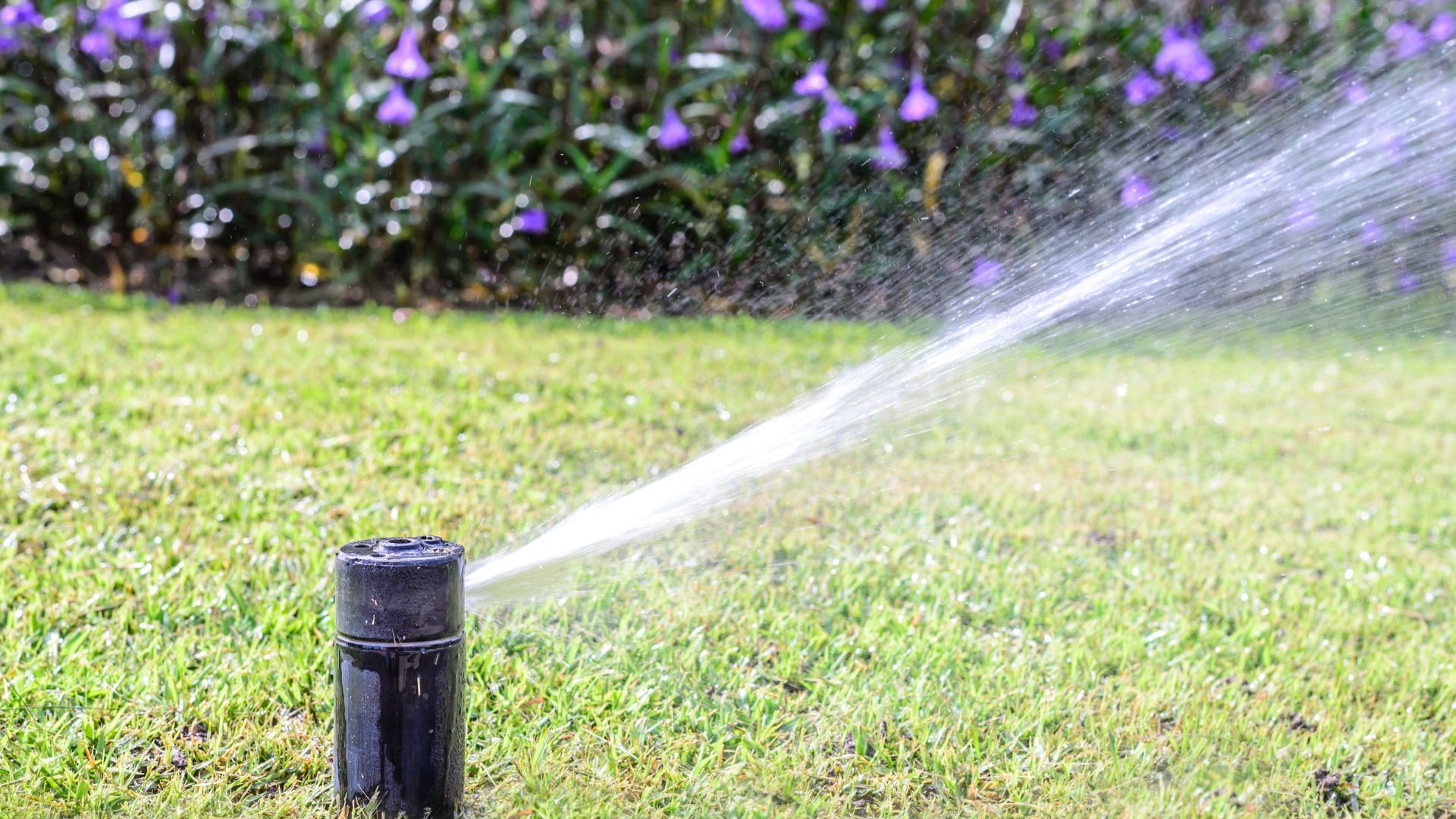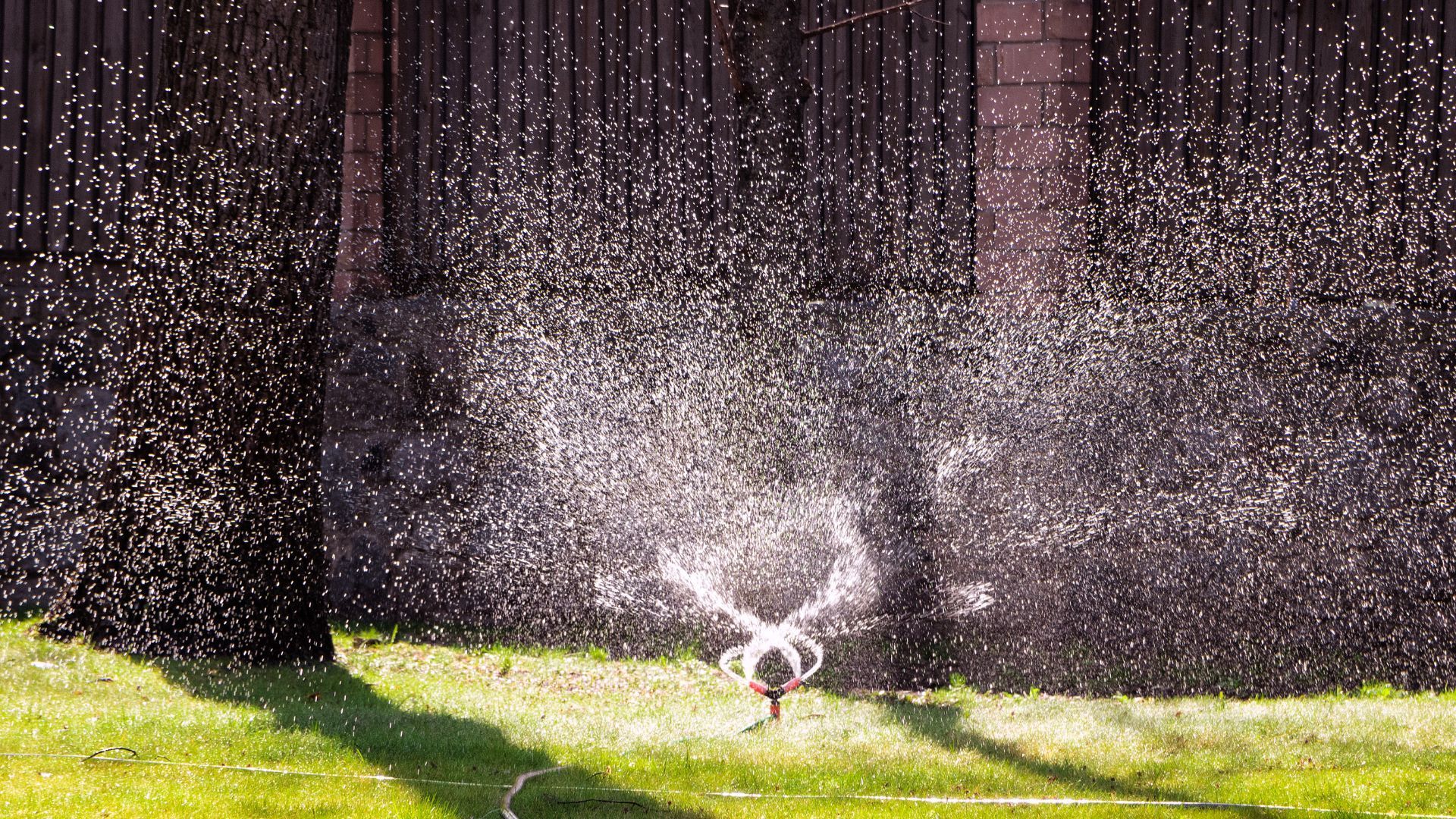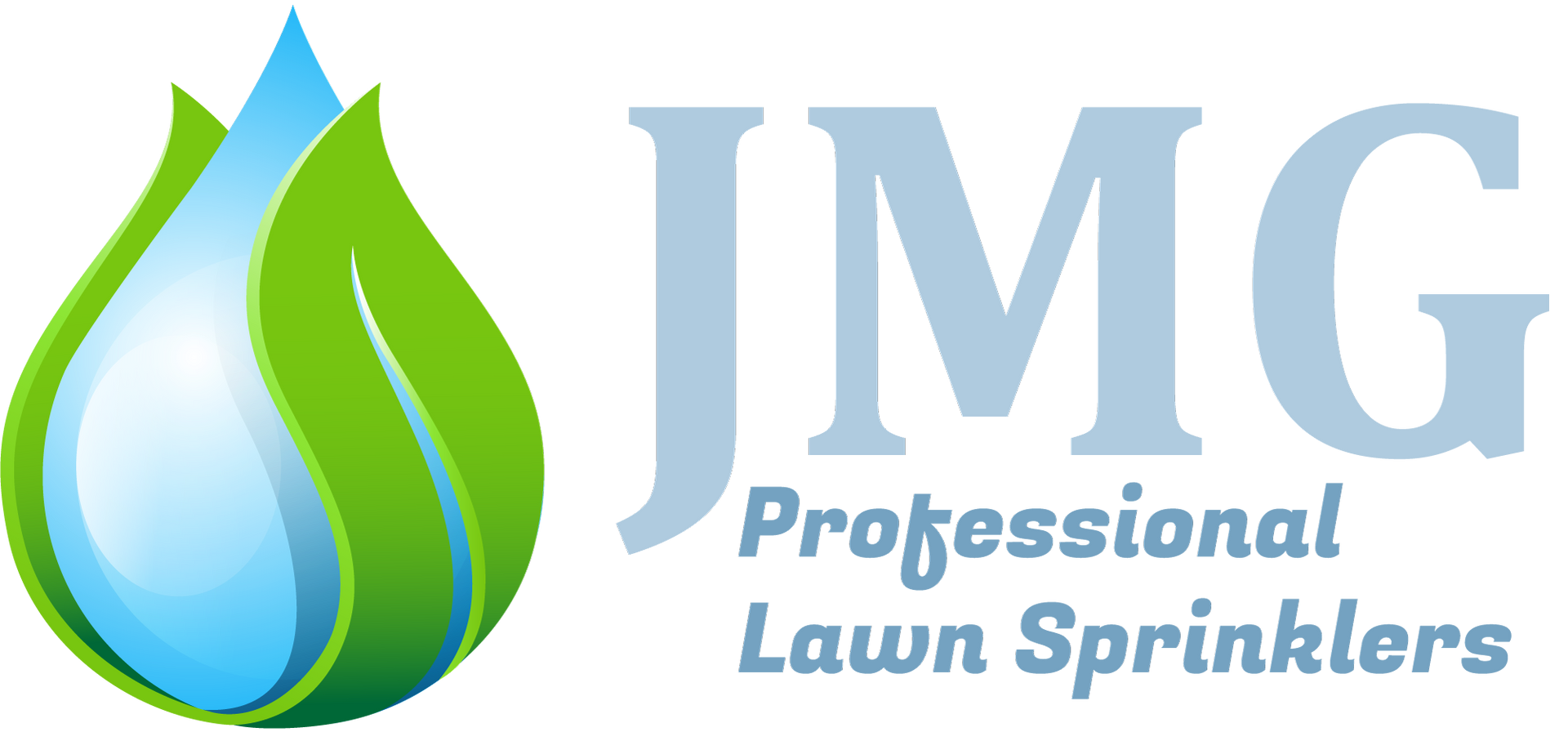Top Signs Your Rhode Island Sprinkler Needs Maintenance
A malfunctioning sprinkler system in Rhode Island can squander thousands of gallons of water and inflate your utility bills while leaving your lawn thirsty. In this guide on sprinkler system maintenance, Rhode Island homeowners and businesses can rely on JMG Professional Lawn Sprinklers’ 35 years of expertise to diagnose visible signs, head performance issues, pressure irregularities, control malfunctions, landscape symptoms, seasonal care, and when to seek professional repair. You'll learn to spot leaks, uneven coverage, weak sprays, erratic timers, winterization needs, and DIY vs. pro thresholds-then take the right action to restore efficient irrigation.
What Are the Most Common Visible Signs Your Rhode Island Sprinkler Needs Maintenance?
Visible indicators are the first clues that your irrigation network requires attention to prevent water waste and preserve turf health. When puddles, runoff, or spikes in your water bill appear, immediate troubleshooting can avoid costly repairs and compliance issues with local water restrictions.
How Can Unexplained Spikes in Your Rhode Island Water Bill Indicate Sprinkler Leaks?
A sudden jump in monthly water costs often signals an undetected leak in pipes or heads beneath your lawn.
- Continuous underground leaks can waste up to 25,000 gallons annually.
- Faulty seals or cracked lateral lines allow pressurized water to escape out of sight.
- Meter tests (shut off all faucets and observe the meter) confirm hidden losses.
Persistent billing surges demand prompt leak detection to stop wasteful outflow and restore meter accuracy before lawn damage occurs.
Water Waste from Sprinkler Leaks
Undetected leaks in sprinkler systems can lead to significant water waste, potentially consuming thousands of gallons annually. This can result in increased water bills and potential damage to the landscape. Regular inspection and maintenance are crucial to prevent such losses.
Environmental Protection Agency (EPA), WaterSense Program
What Do Soggy Spots and Puddles Around Sprinkler Heads Reveal?
Standing water at head locations means overwatering or a compromised nozzle alignment.
- Misaligned or clogged nozzles spray directly at the ground instead of sweeping arcs.
- Damaged head risers allow excess flow to pool around the base.
- Soil compaction exacerbates surface runoff rather than infiltration.
Correcting head alignment and clearing debris prevents waterlogging, promotes root oxygenation, and maintains even soil moisture.
How Does Water Runoff on Sidewalks and Driveways Signal Sprinkler Problems?
Excess spray directed onto hardscape indicates poor nozzle selection or pressure mismanagement.
- Oversized nozzles at high pressure produce mist drift and runoff.
- Zone overlap issues result in double coverage along borders.
- Pressure regulators stuck open amplify flow beyond design specs.
Adjusting nozzle types, trimming spray radii, and calibrating pressure ensures water lands on turf, not pavement, conserving resources and reducing erosion.
How Do Sprinkler Head Performance Issues Show Your System Needs Repair?
Sprinkler heads are meronyms of the irrigation network; their proper operation ensures uniform coverage and water efficiency. When heads stick, spray erratically or break, localized dry patches and wasted water follow.
| Entity | Issue | Consequence |
|---|---|---|
| Sprinkler Head | Fails to pop up or retract | No watering or tripping hazard |
| Spray Nozzle | Uneven pattern or geyser | Overwatered zones and dry spots |
| Head Assembly | Physical cracks or damage | Leak detection and flow reduction |
Why Are Sprinkler Heads Not Popping Up or Retracting a Maintenance Warning?
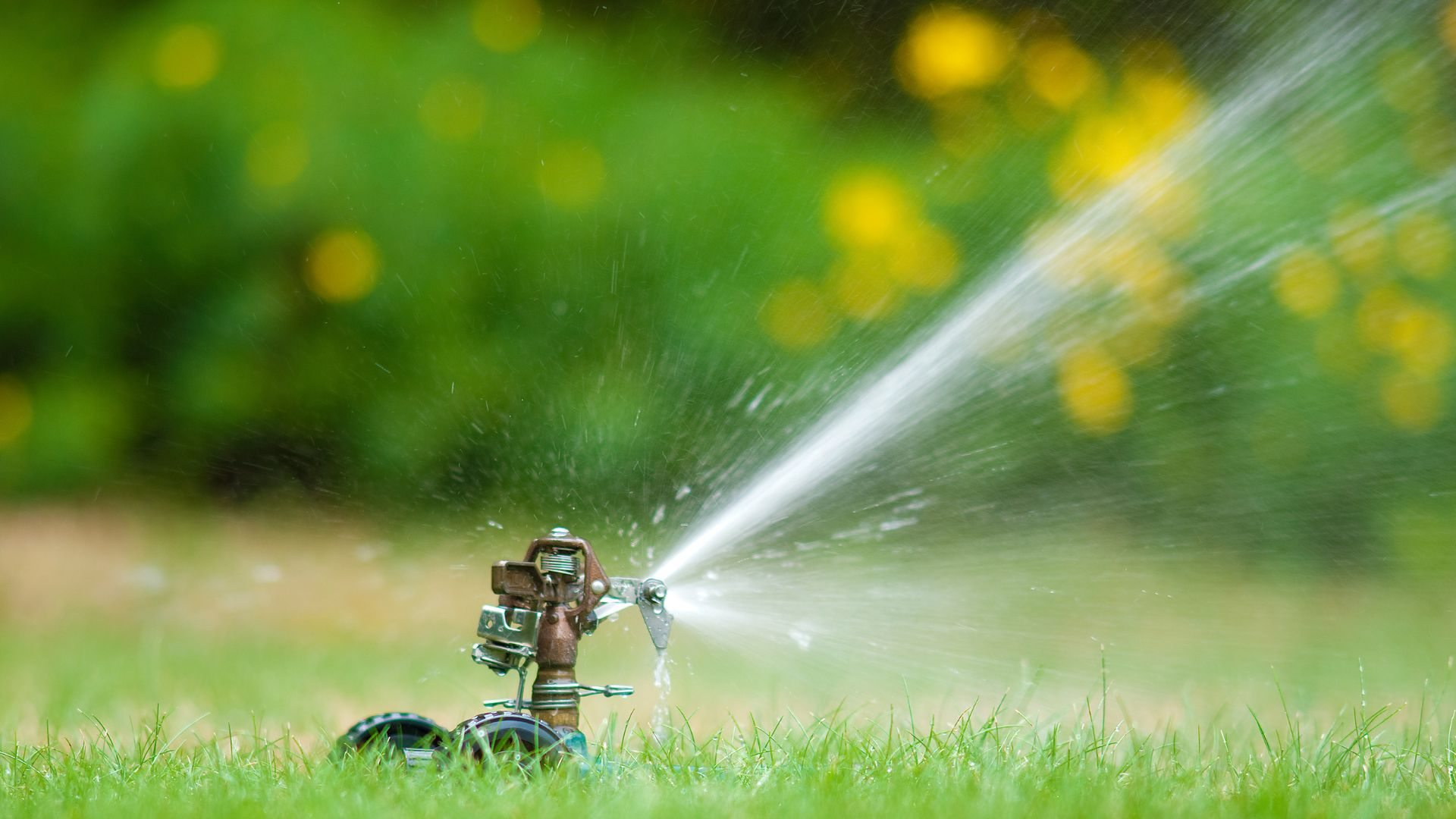
Heads that remain buried or extend fully expose seals and diaphragms to debris and wear.
- Dirt and root intrusion jam riser springs.
- Broken springs or seals fail to hold internal pressure.
- Valve surges cause abrupt head movements.
Regular head cleaning and seal replacement improve reliability and prevent head failures from interrupting scheduled zones.
What Causes Uneven Spray Patterns or Geysers in Rhode Island Sprinklers?
Erratic spray shapes arise from nozzle blockages, worn internal parts, or improper pressure.
- Mineral buildup in fine-orifice nozzles distorts spray arcs.
- Cracked nozzles create narrow high-velocity streams ("geysers").
- Excess pressure overwhelms the nozzle design, atomizing water.
Flushing lines, swapping nozzles, and installing pressure regulators deliver consistent coverage and reduce misting.
How to Identify and Address Broken or Damaged Sprinkler Heads?
Visually scanning zones during operation reveals missing caps, cracked casings, or misaligned heads.
- Replace plastic bodies showing UV or freeze damage.
- Swap out nozzles on worn pop-ups for factory-tested assemblies.
- Tighten or replace riser adapters to eliminate leaks.
Prompt head repair restores designed spray patterns and prevents upstream pressure loss affecting adjacent zones.
What Are the Signs of Pressure Irregularities and Flow Problems in Rhode Island Sprinkler Systems?
Water pressure is a hypernymic attribute of system health; both lows and highs impair irrigation efficiency and plant vitality.
How to Diagnose Low Water Pressure and Weak Sprays in Your Sprinkler System?
Low-pressure symptoms include drooping spray arcs and incomplete coverage.
- Test pressure at a test port: readings below 30 psi indicate underperformance.
- Clogged filters or shut valves restrict flow.
- Undersized mains or corroded pipes limit volume.
Clearing debris, opening supply valves fully, and upgrading mainlines enhance flow for robust spray patterns.
What Are the Effects of High Water Pressure and Misting on Lawn Irrigation?
Excess pressure atomizes water into fine droplets that drift away instead of soaking soil.
- Misting yields evaporation losses up to 30 percent before reaching roots.
- Overwhelmed nozzles erode soil surfaces and flood sensitive areas.
- Pressure surges strain head seals and internal components.
Installing pressure regulators at each zone ensures optimal 40-50 psi delivery and efficient droplet formation.
Pressure Regulation in Irrigation Systems
Maintaining optimal water pressure is essential for efficient irrigation. High water pressure can lead to misting and water waste, while low pressure can result in uneven coverage. Pressure regulators help ensure the system operates within the designed parameters, promoting water conservation and healthy plant growth.
Irrigation Association, Best Management Practices for Irrigation
How Can Operational and Control System Malfunctions Affect Your Rhode Island Sprinkler?
Controller and sensor failures undermine scheduled watering, leading to drought stress or water waste.
Why Does Your Sprinkler System Not Turn On or Off as Scheduled?
When the controller fails to send start/stop signals, zones remain off or run indefinitely.
- Loose wiring at the control unit interrupts solenoid engagement.
- Malfunctioning clock modules lose programmed events.
- Faulty moisture sensors override schedules improperly.
Inspecting terminal wiring, replacing outdated controllers, and testing sensor thresholds reestablishes reliable automation.
What Causes Erratic Watering Schedules and How to Fix Them?
Unpredictable run times stem from misconfigured controllers or intermittent electrical faults.
- Power surges corrupt programming.
- Shorted field wires trigger false zone signals.
- Outdated firmware misreads station status.
Resetting schedules, sealing wiring junctions from moisture, and updating firmware create stable, accurate watering cycles.
How Do Changes in Lawn and Landscape Health Indicate Sprinkler Maintenance Needs?
Healthy turf signals proper irrigation; discoloration and soil erosion reveal hidden system issues.
What Do Dry Patches or Overwatered Areas on Your Rhode Island Lawn Mean?
Irregular green zones often stem from misaligned heads or blocked nozzles.
- Dry rings form where spray arcs fail to meet.
- Lush, saturated spots occur where overlapping zones concentrate flow.
- Soil compaction prevents deep infiltration.
Rebalancing head spacing, trimming overlapping streams, and aerating compacted soil restore uniform lawn vigor.
How Does Soil Erosion Around Sprinkler Zones Signal Overwatering or System Issues?
Rutters, gullies, or soil displacement at head bases indicate concentrated high flow.
- Broken nozzles or leaked seals force water jets downward, scouring soil.
- Excess runtime saturates fine sands, washing topsoil away.
- Improper grade planning channels water along walkways.
Repairing leaks, adjusting run times, and regrading zones preserves topsoil and prevents root loss.
When Should Rhode Island Homeowners and Businesses Schedule Seasonal Sprinkler Maintenance?
Proactive seasonal service protects your irrigation network from freeze damage and spring startup issues in New England’s climate.
Why Is Winterization Essential for Protecting Your Sprinkler System?
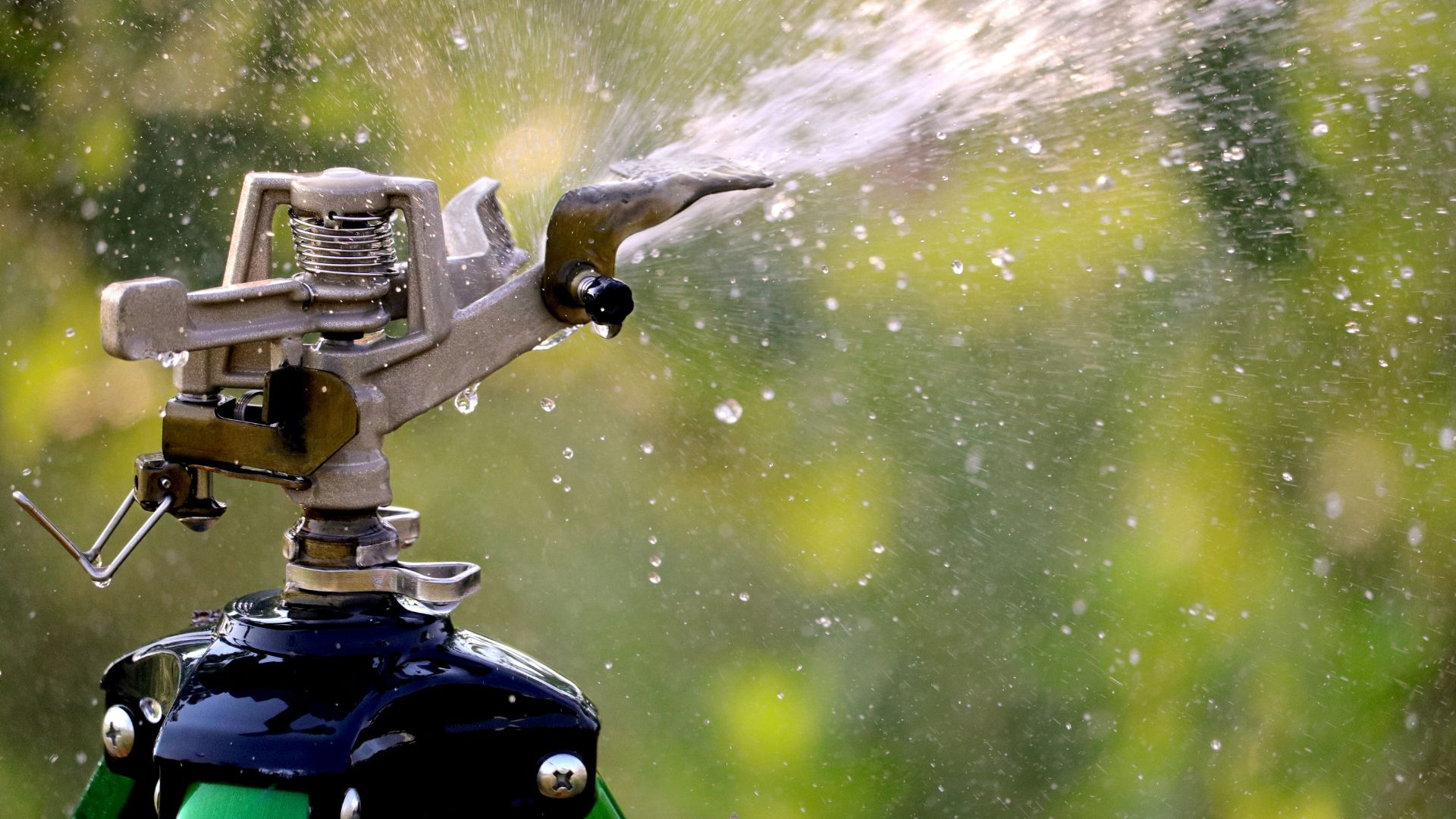
Winterizing a sprinkler system involves blowing out residual water with compressed air to prevent frozen pipes and cracked fittings.
- Any standing water expands when it freezes, potentially rupturing lines.
- Draining and air-blowing remove moisture from valves and heads.
- Proper winterization extends the lifespan of components and reduces spring repair costs.
This critical process shields underground mains and surface assemblies from sub-32 °F conditions and ensures spring readiness.
Seasonal Sprinkler Maintenance
Proper winterization and spring startup procedures are critical for protecting sprinkler systems in climates with freezing temperatures. Winterization prevents damage from freezing, while spring startup ensures the system is ready for the growing season. These seasonal tasks extend the lifespan of the system and reduce the need for costly repairs.
University Extension Services, Various State Universities, Irrigation Maintenance Guides
What Is Included in a Spring Startup Checklist for Rhode Island Sprinklers?
A spring startup service inspects winterization, tests valves, adjusts heads, and programs controllers for seasonal cycles.
- System pressure tests detect freeze cracks before full activation.
- Head alignment and nozzle calibration deliver even coverage.
- Controller reprogramming accounts for daylight-saving shifts and plant water needs.
Following a thorough startup checklist revitalizes dormant systems for peak performance when turf demands rise.
When Is It Time to Call a Professional for Rhode Island Sprinkler Repair?
Knowing when to engage expert technicians prevents small issues from escalating into costly overhauls.
What Sprinkler Problems Can You Fix Yourself and When Should You Seek Expert Help?
Basic nozzle cleaning, head realignment, and filter flushing are DIY tasks. Complex leak detection, valve replacement, and zone rewiring demand professional equipment and expertise.
- DIY: Clearing clogs, resetting controllers, replacing nozzles.
- Pro intervention: Underground leak tracing, manifold repairs, and electrical troubleshooting.
- Safety considerations: High-pressure blowouts and electrical work require qualified technicians.
Partnering with a certified irrigation specialist ensures proper tools, warranties, and an efficient resolution for intricate failures.
How to Find a Qualified Rhode Island Sprinkler Technician for Maintenance and Repair?
Select a contractor with local licensing, industry certifications, and proven experience in Rhode Island's climate.
- Verify membership in irrigation associations and manufacturer training credentials.
- Request references or case studies demonstrating successful leak repairs and seasonal services.
- Confirm service warranties on labor and replacement parts.
Choosing a reputable provider delivers peace of mind, reliable service, and optimized water efficiency throughout New England's seasons.
A well-maintained sprinkler system protects your landscaping investment, conserves water, and preserves curb appeal. By recognizing these top signs-from visible leaks to performance failures-you can act quickly to maintain efficient irrigation. Seasonal winterization and spring startups safeguard components year-round, while knowing your DIY limits and when to call professionals ensures lasting system integrity. Take proactive steps today to keep your Rhode Island lawn lush, your water bills low, and your irrigation running at peak performance.
